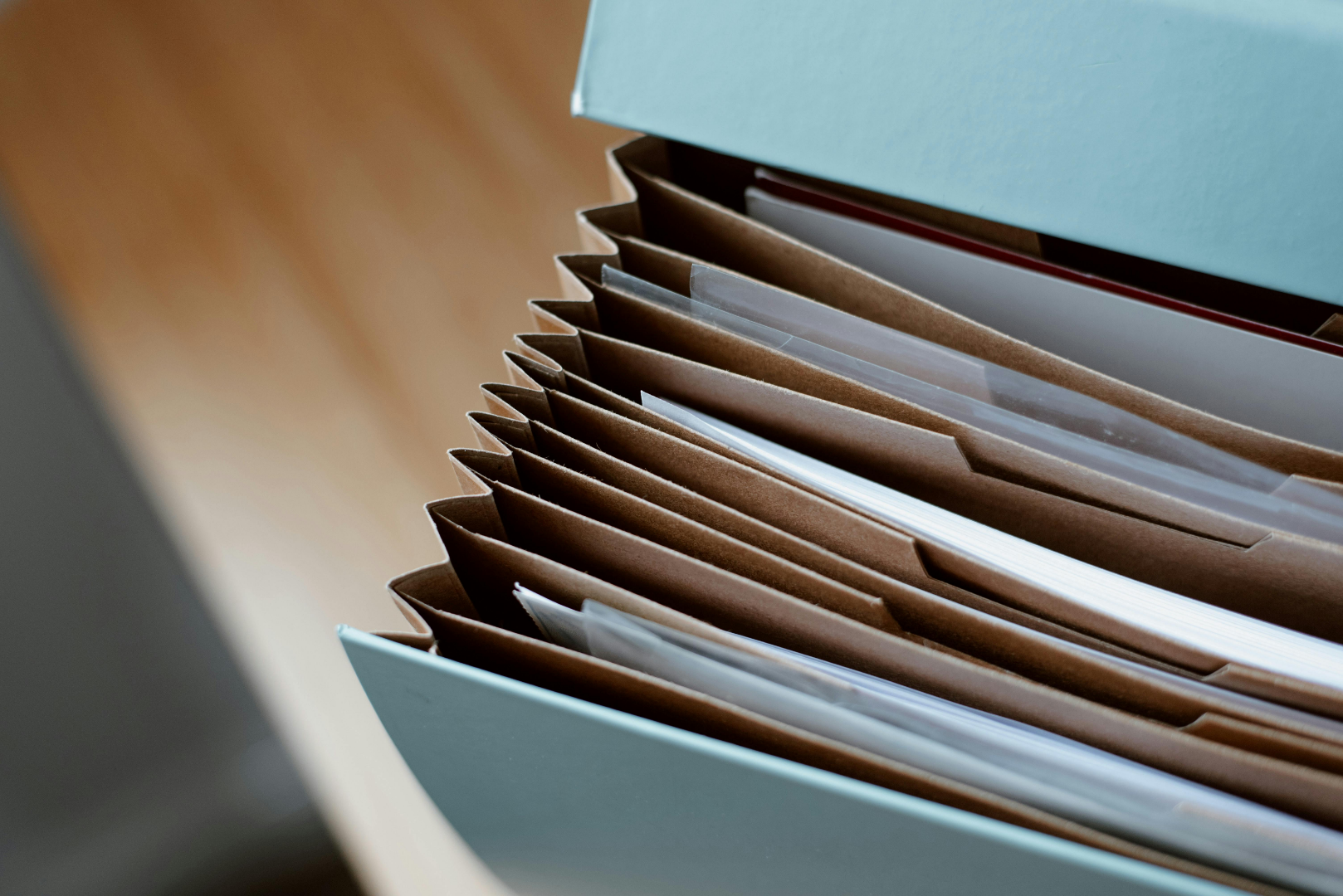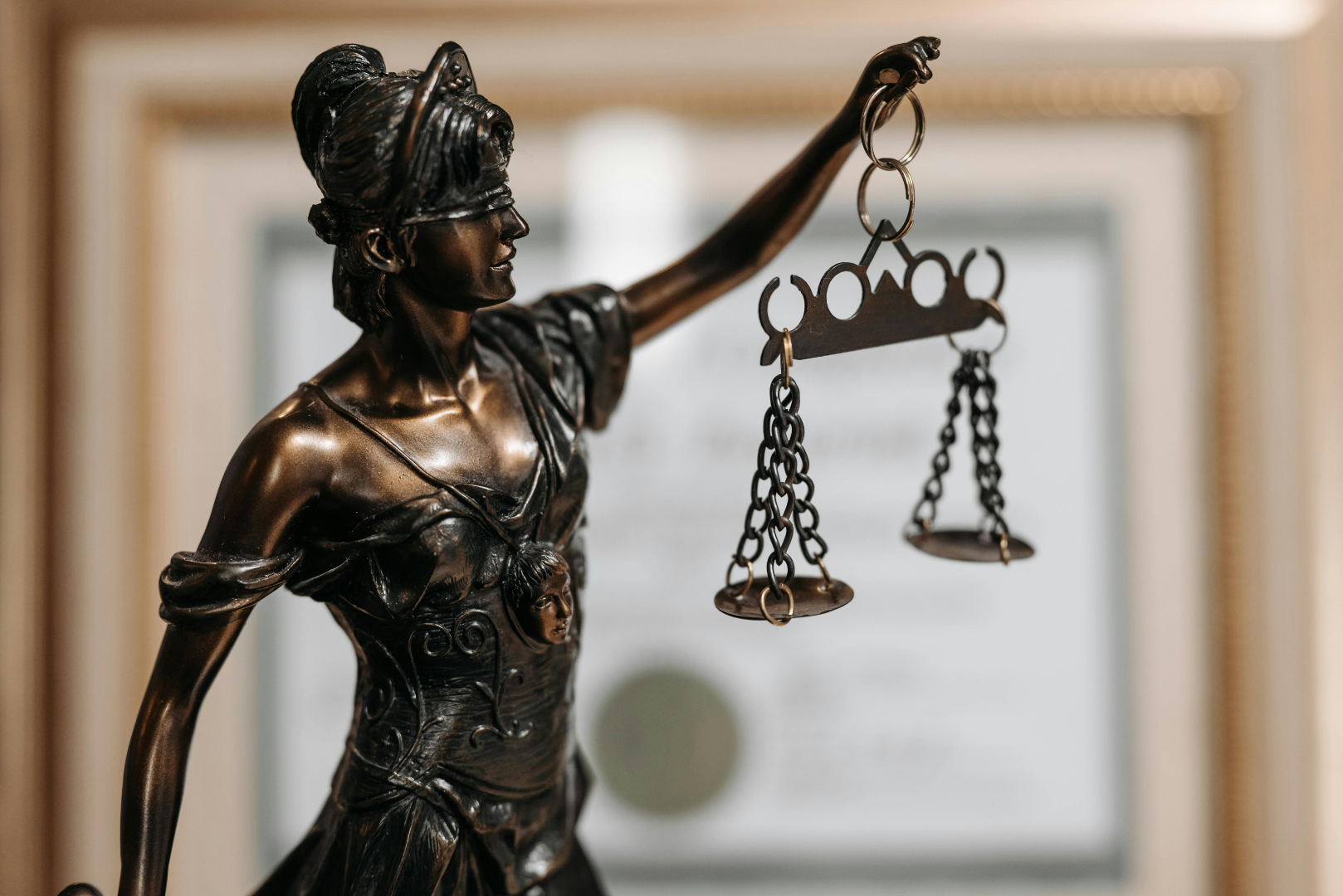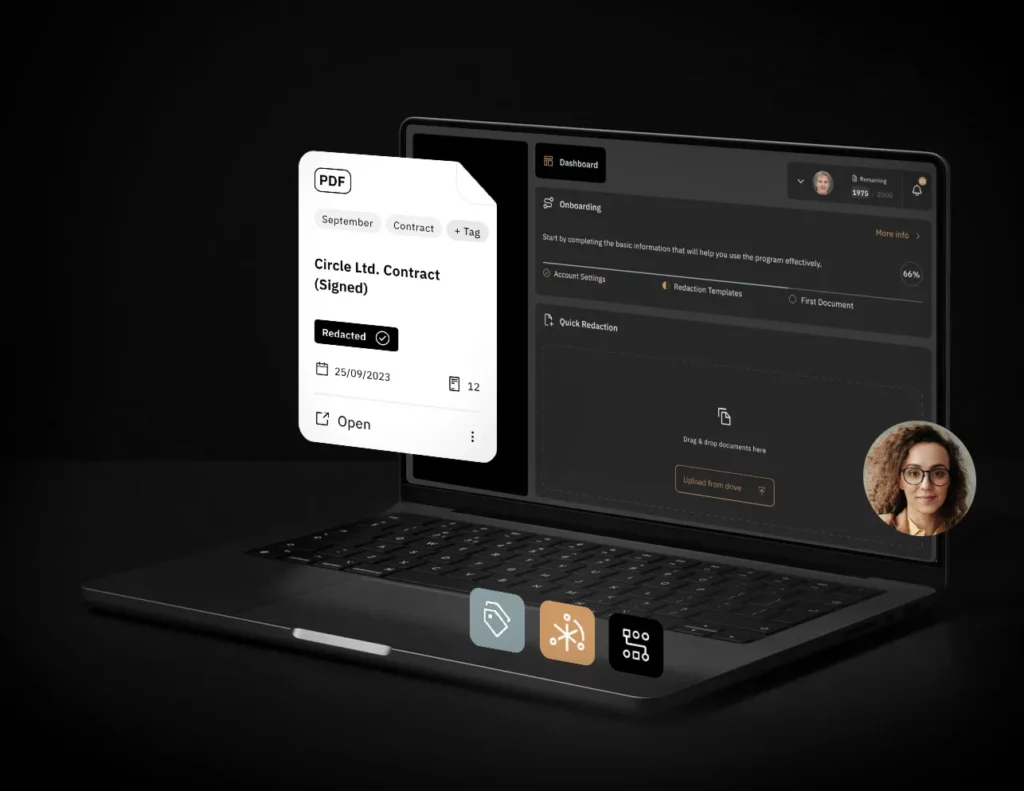Is it legal to share personal data without consent?
The provisions of the DPA make it clear that sharing personal data without the consent of the data subject usually violates the law. The data controller should obtain express and informed consent before starting processing. In some cases, however, the regulations allow acting without consent. It is useful to understand when it is legal to process data, and when there is a violation.
When can personal data be shared without consent?
The law allows exceptions. Administrators may process data without consent when it is required by applicable laws. Examples include providing data to a tax office, court or other public institution.
It is also possible to legally process data to fulfill a contract. This applies when a person submits his or her data to enter into a contract or receive a service. When life or health is at risk, consent is also not required if the action must occur immediately.
Another case is the legitimate interest of the administrator. Organizations often turn to this solution for marketing or analytical activities. In this case, the controller must prove that the company’s interest does not violate the rights of the data subject.
When does sharing personal data violate the GDPR?
When a controller processes data without a legal basis or consent, it violates the GDPR. This often happens when data goes to third parties without the owner’s knowledge. This type of situation occurs in the e-commerce, healthcare and finance sectors, among others.
Examples? Sending marketing offers without consent. Transferring employee data to other companies without a clear purpose. Publishing data on the Internet without informing the owner. In each case, the responsibility lies with the administrator.
What are the consequences of illegal data sharing?
There are heavy penalties for violating GDPR regulations. The Data Protection Authority can impose a fine of up to €20 million or 4% of an organization’s annual turnover. The amount of sanctions depends on the type of violation, the number of victims and the level of negligence.
Victims can also file civil claims. Companies that have engaged in illegal processing often lose the trust of customers and partners. Reputations, once damaged, take years to rebuild.
How to protect personal data and avoid breaches?
Data protection starts with awareness and accountability. Organizations should clearly define the legal basis for processing and document it regularly. Every team needs to know who is responsible for complying with the GDPR.
It is worth implementing appropriate technical measures, such as data encryption, access restrictions or periodic audits. Modern companies are reaching for tools that support these measures in practice.
The Bluur.AI platform enables non-repudiable and auditable anonymization of personal data. This helps organizations reduce the risk of breaches and comply with regulations. RodoProtektor, on the other hand, supports documentation management, record-keeping and the daily work of compliance teams.
Most violations occur through lack of knowledge. Therefore, training and updating procedures play a key role. Employees should have access to knowledge and tools that make it easier for them to operate safely.
Summary
Sharing personal data without consent can only be legal if it follows from clearly defined regulations. In other cases, the controller must obtain the consent of the data subject. Violations of the GDPR carry the risk of fines, litigation and reputational damage. Companies that take care with data protection build lasting trust and advantage in the market.


